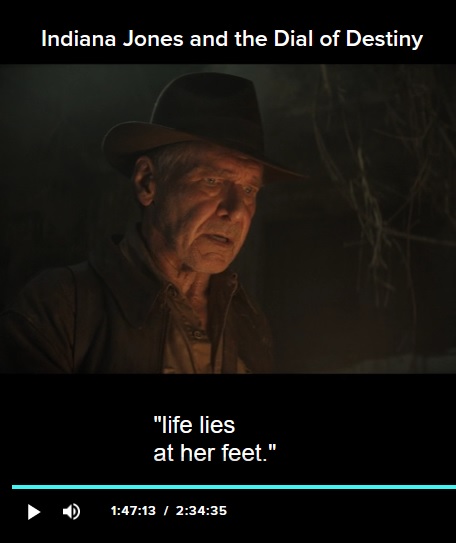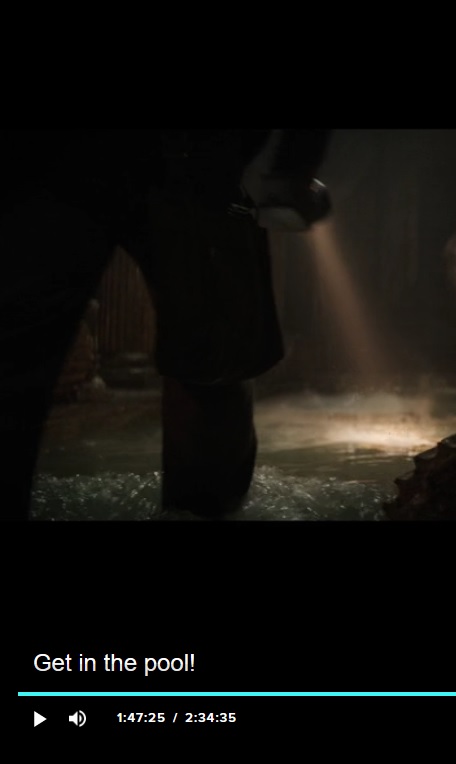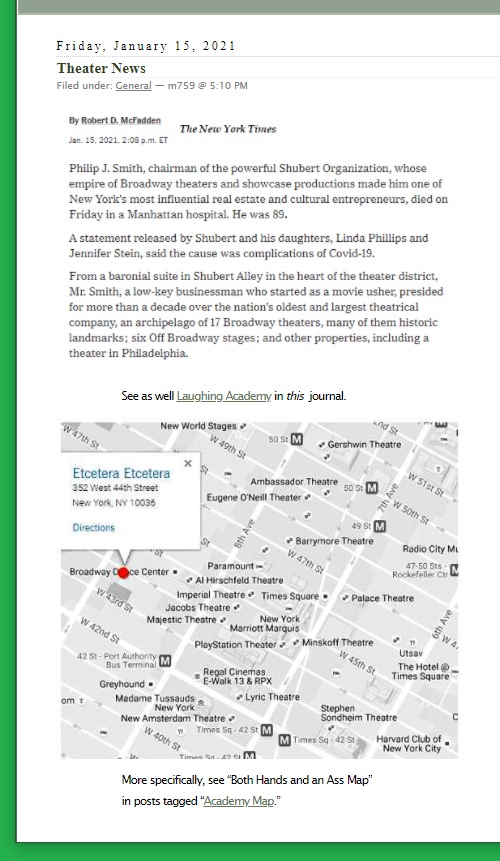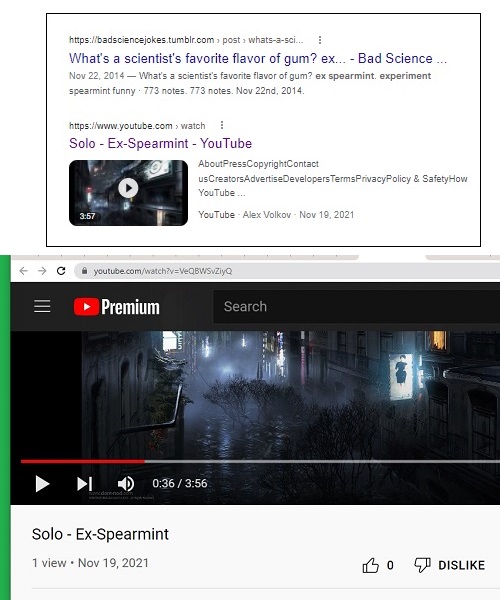* Spelling altered from the Stanford memorial page
to reflect the use of the term in this journal.
Wednesday, September 14, 2016
Bialystock* Story
Wednesday, July 27, 2016
The Bialystock* Memorandum
"By the time Forrest Mars Jr. retired from active management
in 1999, it was an $18 billion-a-year company selling Snickers,
Uncle Ben’s Rice and Pedigree pet food."
— NY Times obituary by Sam Roberts for a business figure who
reportedly died yesterday (Uncle Ben's link added)
This, in light of the previous post, suggests a different passage
from yesterday's online New York Times —
* Spelling in honor of Max Bialystock —

Wednesday, August 14, 2024
Friday, September 15, 2023
Poolman! (Toronto International Film Festival Review)
Friday, April 14, 2023
Tuesday, February 15, 2022
Shubert Alley as Nightmare Alley
Tuesday, January 18, 2022
Wares for Sam Levinson …
And Cal Jacobs.
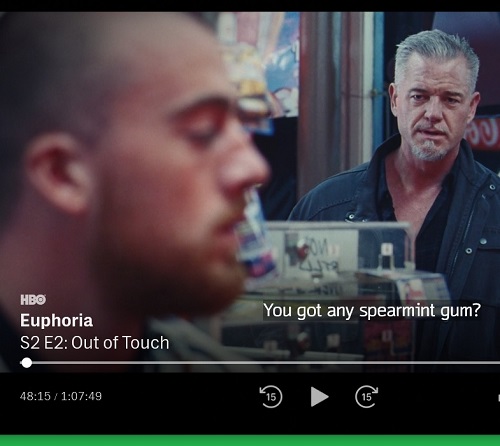

Update of 11:48 AM ET Jan. 18 —
The above images might accompany a presentation of Bialystock Geometry.
Sunday, January 16, 2022
Space
"Leave a space." — Stoppard, "Jumpers."
"Read something that means something." — The New Yorker
Related material — Bialystock Configurations :
Malgorzata Prazmowska and Krzysztof Prazmowski,
University of Bialystok, Bialystok, Poland
malgpraz@math.uwb.edu.pl and krzypraz@math.uwb.edu.pl
Tuesday, July 31, 2018
Sunday, June 11, 2017
Thursday, May 18, 2017
Knock, Knock, Knockin’

Related material from April 20, 2017 —
A footnote from page 229 of Sydney Padua's April 21, 2015, book
on Lovelace and Babbage —

Monday, December 26, 2016
For What It’s Worth
The previous post introduced the phrase "secondary meaning."
A discussion —
" In order to establish a secondary meaning for a term,
a plaintiff 'must show that the primary significance in
the minds of the consuming public is not the product
but the producer.' "
— FreeAdvice®.com
See also The Zero Theorem and Bialystock in this journal.
Friday, July 26, 2013
Wednesday, September 12, 2012
Wednesday, May 16, 2012
Midnight in Paris– The Morning After
(Continued from yesterday evening)
On Max Bialystock's Spider-Man Godspell Seminar—
"… for surrealism to be entertaining
onstage, it must be shaped into
some kind of satisfying form."
— Charles Isherwood
in today's New York Times
(RSS: Wed, 16 May 2012 00:37:17 GMT)
From Fritz Leiber's 1959 story "Damnation Morning" —
She drew from her handbag a pale grey gleaming
implement that looked by quick turns to me
like a knife, a gun, a slim sceptre, and a delicate
branding iron— especially when its tip sprouted
an eight-limbed star of silver wire.
“The test?” I faltered, staring at the thing.
“Yes, to determine whether you can live
in the fourth dimension or only die in it.”
Tuesday, May 1, 2012
Broadway–
Tony Award Nominations
"The losers? 'Spider-Man: Turn Off the Dark,'
the $75 million blockbuster that received just
two nominations. 'Seminar' and 'Godspell,'
which have some strong fans but were
shut out of the nominations."
— Patrick Healy in this morning's New York Times
A thought for Max Bialystock—
The Spider-Man Godspell Seminar!
Jeff Goldblum in "Seminar"
Update of 12:25 PM —
The reviews are in!
"A version of this article appeared in print on May 1, 2012, on page A1 of the New York edition…."
Thursday, April 19, 2007
Thursday April 19, 2007
On April 19, 1775, troops under the command of Brigadier General Hugh Percy played "Yankee Doodle" as they marched from Boston to reinforce British soldiers already fighting the Americans at Lexington and Concord. Whether sung or played on that occasion, the tune was martial and intended to deride the colonials:
Yankee Doodle came to town,
For to buy a firelock;
We will tar and feather him
And so we will John Hancock.
(CHORUS)
Yankee Doodle, keep it up,
Yankee Doodle Dandy,
Mind the Music and the step,
And with the girls be handy.
There are numerous conflicting accounts of the origin of "Yankee Doodle." Some credit its melody to an English air, others to Irish, Dutch, Hessian, Hungarian and Pyrenean tunes or a New England jig….
"Yankee Doodle" was well known in the New England colonies before Lexington and Concord but only after the skirmishes there did the American militia appropriate it. Tradition holds that the colonials began to sing it as they forced the British back to Boston on April 19, 1775, after the battles of Lexington and Concord. It is documented that the Americans sang the following verse at Bunker Hill:
Father and I went down to camp,
along with Captain Good'in,
And there we see the men and boys
as thick as hasty puddin'.
"Thanks to you, I die like Jesus Christ, to inspire generations of the weak and the defenseless people.''
"It's not for me. For my children, for my brothers and sisters… I did it for them.''

Eureka!

Sunday, January 18, 2004
Sunday January 18, 2004
A Living Church
"Plato has told you a truth; but Plato is dead. Shakespeare has startled you with an image; but Shakespeare will not startle you with any more. But imagine what it would be to live with such men still living. To know that Plato might break out with an original lecture to-morrow, or that at any moment Shakespeare might shatter everything with a single song. The man who lives in contact with what he believes to be a living Church is a man always expecting to meet Plato and Shakespeare to-morrow at breakfast. He is always expecting to see some truth that he has never seen before."
— G. K. Chesterton, Orthodoxy
C. P. Snow on G. H. Hardy in the foreword to A Mathematician's Apology:
"… he had another favourite entertainment. 'Mark that man we met last night,' he said, and someone had to be marked out of 100 in each of the categories Hardy had long since invented and defined. STARK, BLEAK ('a stark man is not necessarily bleak: but all bleak men without exception want to be considered stark')…."
S. H. Cullinane on religion and Hollywood:
"If the incomparable Max Bialystock were to remake 'Up Close and Personal,' he might retitle it 'Distant and Impersonal.' A Google search on this phrase suggests
a plot outline for Mel Brooks & Co."
In memory of
producer Ray Stark,
an excerpt from that plot outline:
The Oxford University Press summary of
God:
Myths of the Male Divine,
by David Leeming and Jake Page
"They [Leeming and Page] describe the rise of a male sky God as 'the equal to, the true mate, of Goddess, who was still associated with Earth.' In the Iron Age, the sky God became more aggressive, separating from the Goddess and taking his place as the King God, as Zeus, Odin, and Horus. Ultimately he emerged as the creator, a more distant and impersonal force. Here Leeming and Page also illuminate an important trend–a sense that the divine is beyond gender, that it permeates all things (as seen in the Chinese Tao and En Sof of the Kabbalah). They see a movement in the biography of God toward a reunion with the Goddess."
As for the Goddess, see
(December 17, 2002).
Stark, a saint among Hollywood producers, died yesterday, January 17. If, as Chesterton might surmise, he then met Plato and Shakespeare in Heaven, the former might discuss with him the eternal Platonic form of the number 17, while the latter might offer the following links on Stark's new heavenly laptop:
This concludes the tribute to Stark. For a tribute to Bleak, click here.
Thursday, December 19, 2002
Thursday December 19, 2002
ART WARS:
Bach at Heaven’s Gate
From a weblog entry of Friday, December 13, 2002:
|
Divine Comedy Joan Didion and her husband If the incomparable Max Bialystock |
From The Hollywood Reporter:
|
Producer Sidney Glazier dies Academy Award-winning producer In addition to “The Producers,” His nephew is “Scrooged” screenwriter
(Josh Spector) |
Recommended reading —
Art, Money, and Ego in the Making of
“Heaven’s Gate,”
the Film that Sank United Artists,
Second Edition,
by Steven Bach
From Newmarket Press:
 “Steven Bach was the senior vice-president and head of worldwide production for United Artists at the time of the filming of Heaven’s Gate…. Apart from the director and the producer, Bach was the only person to witness the evolution of Heaven’s Gate from beginning to end.”
“Steven Bach was the senior vice-president and head of worldwide production for United Artists at the time of the filming of Heaven’s Gate…. Apart from the director and the producer, Bach was the only person to witness the evolution of Heaven’s Gate from beginning to end.”
“Back to Bach”
of 1:44 a.m. EST
Saturday, December 14, 2002.
Friday, December 13, 2002
Friday December 13, 2002
ART WARS:
Shall we read? — The sequel
Two stories related to my recent entries on the death of Stan Rice (Sequel, 12/11/02) and the career of Jodie Foster (Rhyme Scheme, 12/13/02) —
|
From BBC News World Edition, Entertainment Section
That's Entertainment!
|
See also my entry of December 5, 2002,
Key (for Joan Didion's birthday):
I faced myself that day
with the nonplused apprehension
of someone who has come across a vampire
and has no crucifix in hand.
— Joan Didion, "On Self-Respect,"
in Slouching Towards Bethlehem
Divine Comedy
Didion and her husand John Gregory Dunne
(author of The Studio and Monster)
wrote the screenplays for
the 1976 version of "A Star is Born"
and the similarly plotted 1996 film
"Up Close and Personal."
If the incomparable Max Bialystock
were to remake the latter, he might retitle it
"Distant and Impersonal."
A Google search on this phrase suggests
a plot outline for Mel Brooks & Co.





